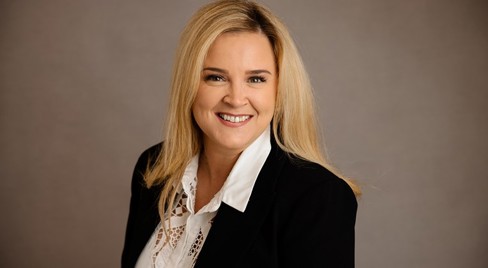Innovation thrives in Ireland; we rank nineteenth on the Global Innovation Index and first in ICT services exports and intellectual property payments, and second in intangible asset intensity. But much of this sparkling innovation would not be possible without the many commercial agreements that keep the wheels greased.
Chains of contractors and subcontractors can make an R&D tax credit claim somewhat challenging, with limits and additional requirements for claimants. Untangling the rules requires careful analysis to make sure you get every euro you’re entitled to.
Defining Subcontractors
Revenue specifies that qualifying R&D activity must be carried out by the claimant, except in two situations:
- R&D carried out by a university or institute of higher education in the EU or the UK
- R&D carried out by an unconnected person (including a company)
Unfortunately, connected third parties cannot be included in an R&D tax credit claim. This means any company within your group, or any other person (including a company) who can exercise control over your company is not an eligible subcontractor for R&D tax relief.
Your subcontractor should be carrying out R&D on behalf of your company, with a formal agreement and costs incurred and settled in the accounting period you’re claiming for. As with all eligible R&D activity, the subcontractor must carry out the work in Ireland, the UK or the European Economic Area (EEA).
The work they do doesn’t necessarily need to be R&D for them. For example, a pharmaceuticals company may subcontract a testing facility for shelf stability tests of a new drug formula being developed. These tests are routine for the testing facility, but form part of the R&D project for the pharma company.
Limits on Claiming
As hinted before, there are limits to the amount of subcontracted activity you can claim. These limits are tied to your own activity; this prevents spurious claims from companies formed in Ireland just to run the costs of subcontractors.
Tax relief is restricted to the greater of:
- 15% of the expenditure incurred by the company itself on R&D activities, or
- €100,000 (subject to the company incurring at least the same level of expenditure on qualifying activity)
Each category of subcontractor has its own set of limits; you can claim up to the limit for university payments and up to the limit on third party payments separately.
For example, a company with €1,000,000 in expenditure can claim €150,000 for university payments (15% of its expenditure) and €150,000 for third party payments. However, if it contracts multiple third parties in that period, it can still only claim up to €150,000 of the total of those costs, not €150,000 per subcontractor.
Notifying Subcontractors
To reduce the risk of “double-dipping”, where both the contracting party and the subcontractor claim for the same activity, Revenue requires claimants to inform the subcontractor in writing that the subcontractor may not claim for the R&D activity.
Revenue specifies that the notification must be made before making the payment to the subcontractor.
The exception to this rule is in cases where the subcontractor could not make a claim themselves (e.g., an individual, a non-resident 3rd party which does not have a branch in the State, a recruitment agency providing staff).
Individual Consultants
Sometimes, your project may require the input of an expert on a part-time or short-term basis. These individuals are technically subcontracted, however Revenue provides for these consultants to be treated as staff costs (not agency staff).
This only applies if the following conditions are met:
- The individual works under the company’s control and direction.
- The individual works on the company’s premises.
- The individual must be able to contribute specialist knowledge, which cannot be supplied by the in-house research team, to a specific R&D project being undertaken by this in-house team.
- The engagement period does not exceed 6 months.
The Future of Subcontracting Rules
Many industry professionals are flagging this pressing issue when it comes to policy. Some have claimed that Ireland's approach to outsourced R&D costs is restrictive.
For context, Ireland is considered to be at a distinct disadvantage compared to our European neighbours. Denmark has no restriction on subcontracting R&D costs. France, Greece, Austria, and Germany all have higher limits than Ireland's current threshold.
They suggested that raising the outsourcing limit from 15% to 25% would foster increased collaboration between SMEs and research institutions, generating productivity gains and enhancing smaller firms' resilience.
The relatively modest cost of addressing the outsourcing limitation (€7.3 million) suggests this could be a quick win in the upcoming budget.
There is also the suggestion for connected parties to be made an eligible cost, in a similar manner to in the UK scheme, where costs can only be included if priced at arm’s length.
Overhauling the subcontracting element of the R&D tax credit scheme is potentially on the docket for the upcoming budget. It would be a huge boon to claimants of the scheme.
Need Tailored Advice?
This is pretty complex and understandably may not cover the specifics of your commercial agreements. Getting the most out of your R&D costs is crucial for your innovative projects, allowing you to claim back more from Revenue, which you can put towards future innovation.
Feel free to reach out to our expert team for specific advice for your projects; we’ve seen every kind of claim, from simple single-project SMEs to large international conglomerates. Our R&D tax experts are happy to run through your commercial agreements and advise on eligibility.







